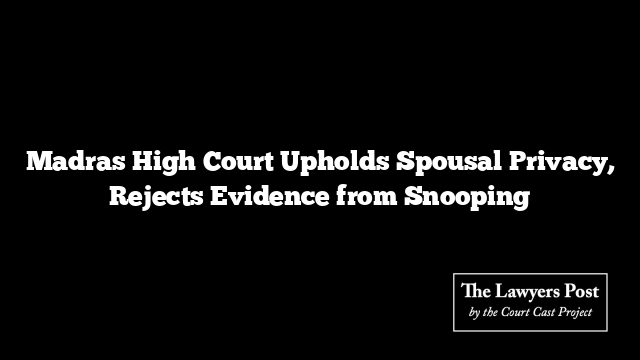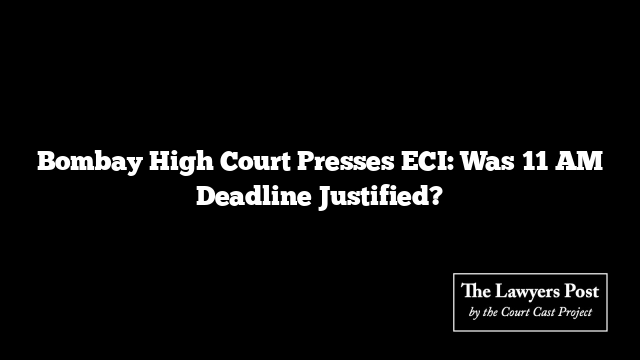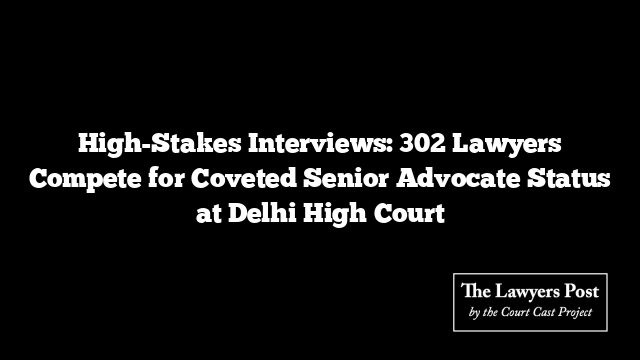In a groundbreaking ruling, the Madras High Court emphasized the inviolability of spousal privacy, declaring that covert surveillance by one partner on another breaches constitutional rights and cannot be legally accepted. The case revolved around a woman’s appeal against her estranged husband’s attempt to introduce phone call records as evidence, which he had obtained without her consent.
Justice GR Swaminathan of the Court’s Madurai bench invalidated the lower court’s decision, underscoring that the law should not operate on the assumption that marital misconduct is widespread. “Privacy as a fundamental right extends to spouses, and evidence obtained through the invasion of this right is inadmissible,” the order declared.
The ruling stressed the autonomy of women in relationships. Justice Swaminathan highlighted that a woman has every right to expect her intimate thoughts—whether in a private diary or on a mobile phone—will remain unbreached by her spouse without explicit permission.
In this particular case, the estranged husband accessed the woman’s call records by requesting them from the service provider and using an OTP from her phone without informing her. While the records might have been accurate, the Court ruled that such evidence could not be admitted under the law, emphasizing that protecting privacy requires strict adherence to constitutional procedures.
The judge cited previous judgments that debated the admissibility of evidence obtained through intrusive means, aligning with the perspective that privacy rights must be upheld unless overridden through fair and justified legal processes.
The Court also pointed out a critical gap in the implementation of new regulations under the Bharatiya Sakshya Adhiniyam (BSA) 2023. Despite the law’s requirements for certificates authenticating electronic records, Tamil Nadu has yet to see the appointment of experts empowered to issue such validations. This absence, the Court warned, could compromise access to justice for residents of the state.
Calling for swift action, the Court directed the Union Ministry of Electronics and Information Technology to designate an adequate number of specialists to address this pressing issue, ensuring the right to fair legal proceedings.





